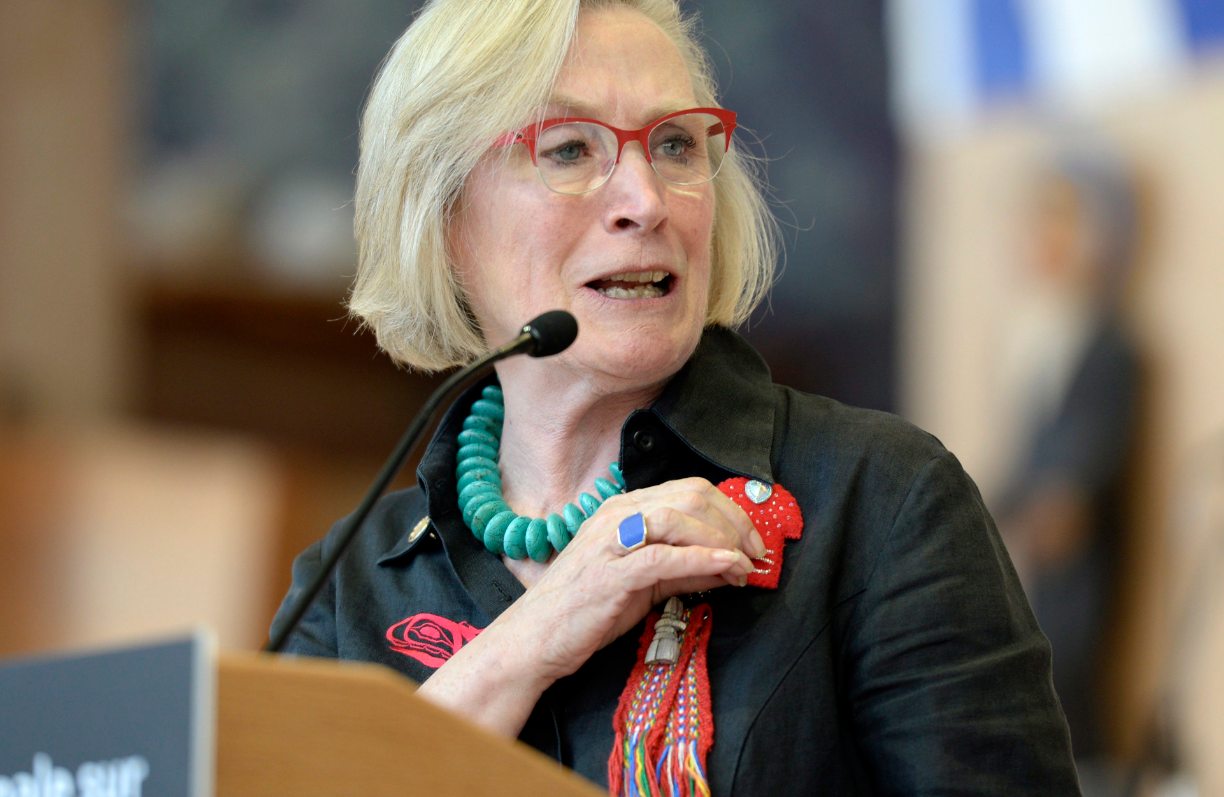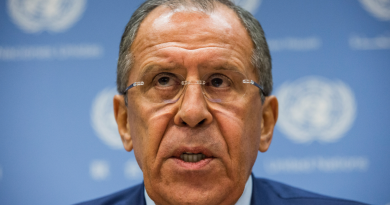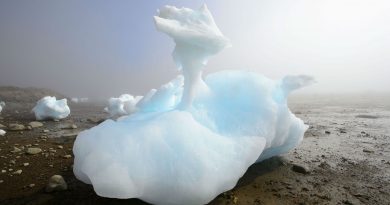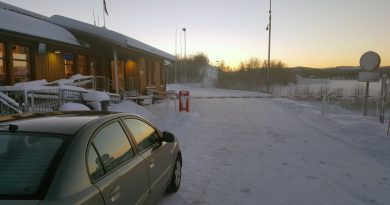Canadian government ignores calls for Inuk commissioner on inquiry into missing and murdered indigenous women

The long-awaited details of Canada’s National Inquiry into Missing and Murdered Indigenous Women and Girls were released on Wednesday but Inuit were left defeated after their calls to include an Inuk commissioner were ignored by the federal government.
Last week, Pauktuutit, Canada’s national Inuit women’s organization, blasted the Trudeau government after the names of the inquiry’s commissioners were leaked to Canadian newspaper the Globe and Mail and no Inuk was named among them.
The five commissioners officially named today are:
- Marion Buller, a First Nations judge in the western Canadian province of British Columbia
- Michèle Audette, the former president of the Native Women’s Association of Canada (NWAC)
- Marilyn Poitras, a Métis law professor at the University of Saskatchewan
- Qajaq Robinson, a lawyer who grew up in Nunavut
- Brian Eyolfson, a First Nations and human rights lawyer and former vice-chair of the Human Rights Tribunal of Ontario
Although Robinson is a highly-respected lawyer with deep roots in Nunavut, she is not Inuk, said Pauktuutit. The organization also pointed out that no Inuk commissioner had been appointed to The Truth and Reconciliation Commission, which looked at the legacy of residential schools in Canada and wound up last year.
“Once again, we’re going to have a non-Inuk speaking for us,” Pauktuutit president Rebecca Kudloo told Eye on the Arctic in a phone interview last week. “We want to be at the forefront of this inquiry, not working in the background. Again.”
Arctic-specific concerns
Canada’s Liberal Prime Minister Justin Trudeau was elected in 2015 and campaigned on a promise of reconciliation with Canada’s aboriginal population and the launch of the inquiry.
The National Inquiry on Missing and Murdered Indigenous Women is being called in Canada to examine issues around the high number of missing and murdered indigenous women in the country. Indigenous families and organizations have pushed for an inquiry for years as a way to force the country to confront violence against indigenous women and examine whether their cases are effectively investigated by law enforcement.
The four Inuit regions of Canada are found in the most remote and inaccessible parts of the country where there are few resources or social services and where violence against women most often comes from family members and domestic partners. Since talk of the inquiry began, everyone from Pauktuutit to Terry Audla, the former president of Canada’s National Inuit Association, Inuit Tapiriit Kanatami (ITK), has stressed the need for an Inuit-specific approach when it comes to violence against women in the Arctic.
Indigenous women’s groups call for Inuit concerns to be addressed
In a press conference on Wednesday after the government’s announcement, indigenous women’s groups from across Canada praised the launch and importance of the inquiry but also called on the government to add an Inuk commissioner.
“We need to make sure this inquiry succeeds,” said Dawn Lavell-Harvard, president of the Native Women’s Association of Canada.
“We ask the federal government to continue to work with Inuit Tapiriit Kanatami (Canada’s national Inuit organization), and our sister organization Pauktuutit, to respond to their request for a sixth commissioner to respond to their concerns and ensure that their concerns are addressed. We want every family member and survivor to feel safe, loved and supported when they present their story.”
Melanie Omeniho, the president of the Women of the Métis Nation, echoed the call.
“I also want to join my voice with my Inuit sisters and ask that the government of Canada consider naming an Inuk commissioner on the commission so that Inuit women are respected and represented,” Omeniho said.
“It’s not to say that none of the five commmissioners aren’t wonderful people and we are not opposed to any of them but we do believe that in fairness to the Inuit people and their distinct experience which is far different than anybody else’s , they need to have an Inuk commissioner named to the commission.”
Indigenous and Northern Affairs Canada and the office of Carolyn Bennett, Canada’s Minister of Indigenous and Northern Affairs, did not respond to phone and email request for comment on this story before deadline.
Pauktuutit will be holding a press conference Wednesday afternoon.
The government has committed $53.86 million to establish the inquiry which will run from 2016-2018.
Write to Eilís Quinn at eilis.quinn(at)cbc.ca
Related stories from around the North:
Canada: Canadian Inuit women’s organization slams federal government, Eye on the Arctic
Denmark: Nordics report high abuse levels against women, Radio Sweden
Sweden: Reports of violent crime increasing in Sweden’s North, Radio Sweden
United States: Survey finds violence against women widespread in Western Alaska region, Alaska Dispatch News



